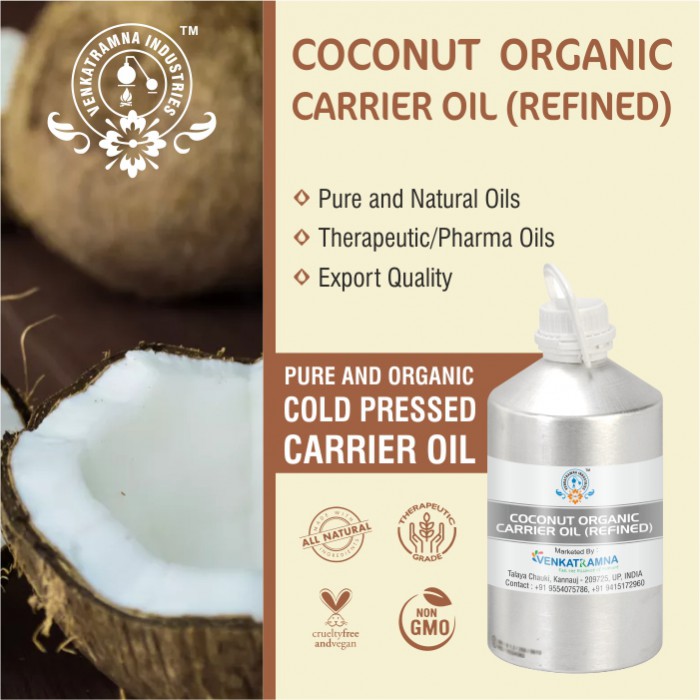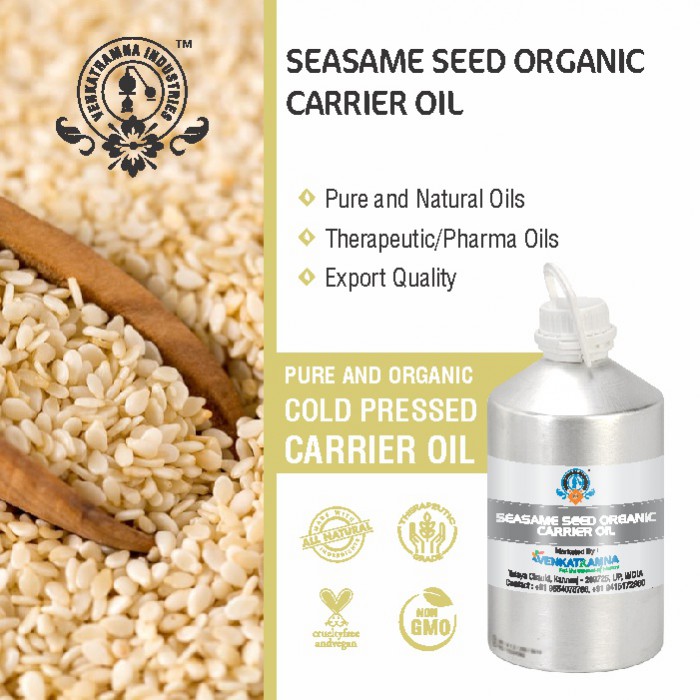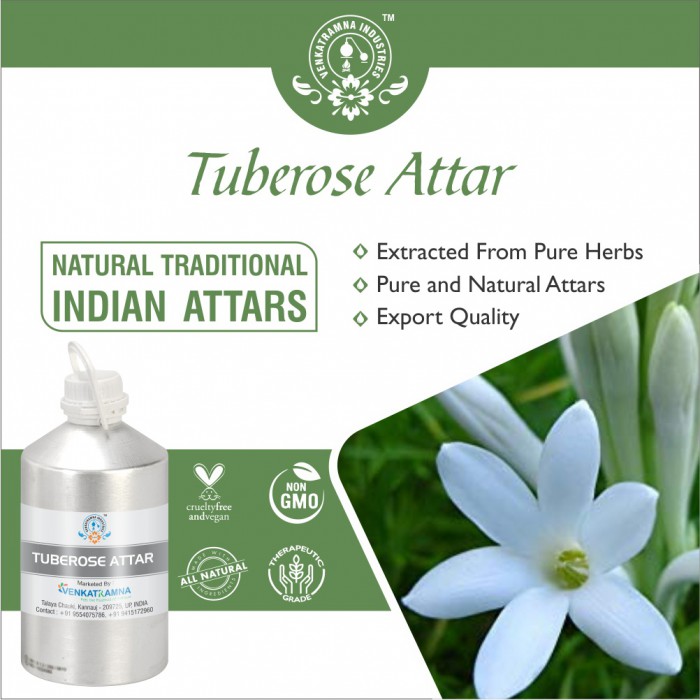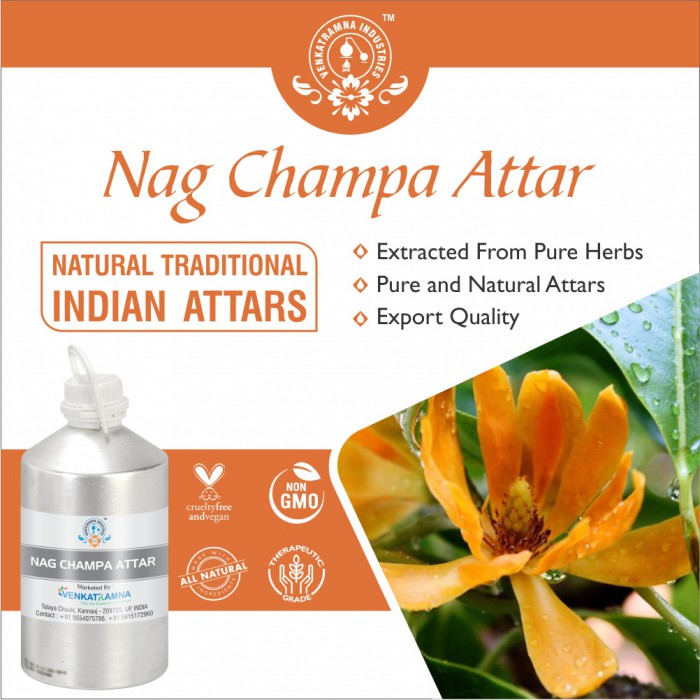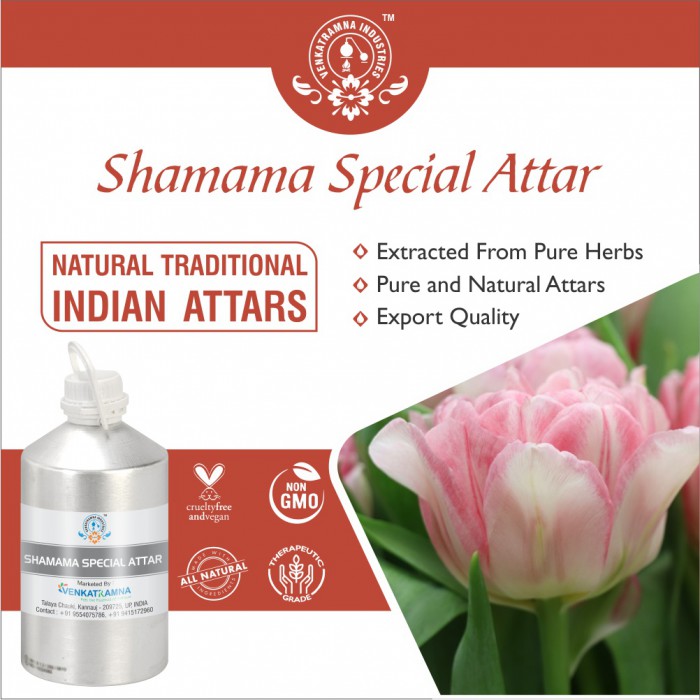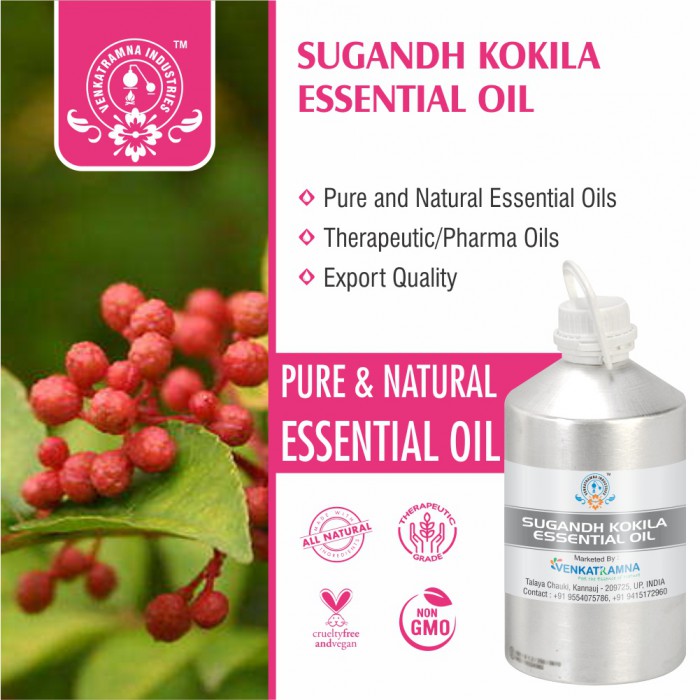Botanical Name: Citrus Reticulata Common name: Mandarin orange, Tangy Orange Read More
|
Botanical Name: |
Citrus
Reticulata |
|
Common name: |
Mandarin orange, Tangy Orange |
|
Plant
family: |
Rutaceae |
|
Genus: |
Citrus |
|
Appearance/Color: |
A thin, clear, pale yellow to golden liquid. |
|
Odor: |
A middle note with a medium aroma, Tangerine is typically fresh,
tangy and sweet. With only subtle differences, it smells much like Mandarin.
In comparison to Sweet Orange, Tangerine is lighter with sweeter notes. |
|
Blends With: |
Basil, Bergamot, Clary Sage, Clove Bud, Frankincense,
Lavender, Lemon, Lime, Neroli, Nutmeg and Orange. |
|
Origin: |
Italy |
|
Source: |
Fruit Peel |
|
Method
of Extraction: |
Steam Distillation |
Citrus reticulata is
commonly called mandarin orange. It is native to Southeast Asia. It is a
rounded, usually thorny, evergreen shrub or small tree that grows to 15-25’
tall and produces fruit (to 3” diameter) resembling oranges. Mandarin oranges
have been in cultivation since 2000 B. C. Ovate to lanceolate leaves (to 1 1/2”
long) are evergreen. Fragrant white flowers bloom in the leaf axils in spring.
It is sometimes commonly called Christmas orange because of its popularity over
the Christmas holidays.
The Mandarin essential oil disperses a stunning fragrance which brings a unique feeling of joy to the entire environment when diffused. Our professionals cautiously extract the oil by following the strict guidelines of the cold pressed process. To make this oil famous and widely demanded, we export it to the industries to process soaps, perfumes, cosmetics and many other fragrant products. As it is not processed by adding artificial contents, it is safe and beneficial to use both internally and externally.
DISCLAIMER
The complete range of conditions
or methods of use are beyond our control therefore we do not assume any
responsibility and expressly disclaim any liability for any use of this
product. Information contained herein is believed to be true and accurate however,
all statements or suggestions are made without warranty, expressed or implied,
regarding accuracy of the information, the hazards connected with the use of
the material or the results to be obtained from the use thereof. Compliance
with all applicable federal, state, and local laws and local regulations
remains the responsibility of the user.
The FDA has not evaluated the
statements on this website. No claims are made by Venkatramna Industries as to
the medicinal value of any products from vriaroma.com or by us. The information
presented here is for educating our customers about the traditional uses of
essential oils and is not intended to diagnose, treat, cure, or prevent any
disease. You are responsible for understanding the safe application of these products.
If you have any questions, please call or email us for further information.
As per NAHA guidelines, New Directions Aromatics
(NDA) does not recommend the ingestion of essential oils. It is imperative to
consult a medical practitioner before using Essential Oils for therapeutic
purposes. Pregnant and nursing women and those taking prescription drugs are
especially advised not to use this product without the medical advice of a
physician. The oil should always be stored in an area that is inaccessible to
children, especially those under the age of 7.
Citrus species contain a wide
range of active ingredients and research is still underway in finding uses for
them. They are rich in vitamin C, flavonoids, acids and volatile oils. They
also contain coumarins such as bergapten which sensitizes the skin to sunlight.
Bergapten is sometimes added to tanning preparations since it promotes
pigmentation in the skin, though it can cause dermatitis or allergic responses
in some people. Some of the plants more recent applications are as sources of
anti-oxidants and chemical exfoliants in specialized cosmetics. The fruit is
antiemetic, aphrodisiac, astringent, laxative and tonic. The flowers are
stimulant. The pericarp is analgesic, anti-asthmatic, anticholesterolemic,
anti-inflammatory, antiscorbutic, antiseptic, antitussive, carminative,
expectorant, stomachic. It is used in the treatment of dyspepsia,
gastro-intestinal distension, cough with profuse phlegm, hiccup and vomiting.
The endocarp is carminative and expectorant.
The
Mandarin essential oil is used in the treatment of dyspepsia,
gastro-intestinal distension, coughs and profuse phlegm. The un-ripened green
exocarp is carminative and stomachic. It is used in the treatment of pain in
the chest and hypochondrium, gastro-intestinal distension, swelling of the
liver and spleen and cirrhosis of the liver. The seed is analgesic and
carminative. It is used in the treatment of hernia, lumbago, mastitis and pain
or swellings of the testes.
An essential oil from the peel is
used as a food flavouring and also in perfumery and medicines. Yields are
around 0.5%. An essential oil obtained from the leaves and young twigs is
called 'petitgrain oil'. Yields are around 0.5%.
COMMON
USAGE
·
Prevents sepsis
·
Acts as a cytophylactic
·
Purifies blood
·
Soothes inflammation
·
Boosts digestion
·
Relieves spasms
·
Acts as a tonic
Ingredients:
|
S.No |
Key Constituents |
Strength (%) |
|
1 |
(p)-limonene |
73.2 |
|
2 |
g-terpinene |
16.8 |
|
3 |
b-myrcene |
1.8 |
|
4 |
a-pinene |
1.6 |
|
5 |
b-pinene |
1.2 |
Safety Summary
·
Hazards: Skin
sensitization if oxidized
·
Cautions: Old
or oxidized oils should be avoided.
·
Acute Toxicity: LD50 5g/kg (Source RIFM)
·
Skin corrosion / irritation: Hazard statement
H315 causes skin irritation
·
Serious eye damage / irritation: Not classified
as irritating to the eye (Source RIFM)
·
Respiratory or skin sensitization: Hazard
statement H317 may cause an allergic skin reaction.
·
Germ Cell Mutagenicity: No additional data
available
·
Carcinogenicity: No additional data available
·
Reproductive toxicity: No additional data
available
·
STOT-single exposure: No additional data
available
·
STOT-repeated exposure: No additional data available
·
Aspiration hazard: Hazard statement H304 may be
fatal if swallowed and enters airways.
·
Photo-toxicity No additional data available
Safety advice
Because
of its (þ)-limonene content we recommend that oxidation of mandarin oil is
minimized by storage in a dark, airtight container in a refrigerator. The
addition of an antioxidant to preparations containing it is also recommended.
Organ Specific Effects
·
Adverse skin reaction: Undiluted tangelo oil was mildly to
moderately irritating to rabbits, and produced some blanching when applied to
mice or pigs; tested at 8% on 25 volunteers it was neither irritating nor
sensitizing. It is non-phototoxic. Autoxidation products of (þ)-limonene can
cause skin sensitization.
·
Reproductive toxicity: The low developmental toxicity of (þ)-
limonene in rabbits and mice suggests that tangelo oil is not hazardous in
pregnancy.
Systemic
Effects
·
Acute
Toxicity: Mandarin oil
acute oral LD50 in rats >5 g/kg; acute dermal LD50 in rabbits >5 g/kg.
(þ)-Limonene displays anti carcinogenic activity.
·
Carcinogenic/anti carcinogenic potential: Tangerine
oil significantly induced glutathione S-transferase in mouse liver and small
bowel mucosa, and inhibited B[a]P-induced neoplasia of both forestomach and
lungs. The oil contains no known carcinogens. (þ)-Limonene displays
anticarcinogenic activity.
·
Toxicity: very toxic to aquatic life with long
lasting effects.
·
Persistence & degradability This substance
to be considered as a readily biodegradable substance, based on its ready
biodegradability, oil does not fulfil the criteria for persistence.
·
Bioaccumulation Potential Hazard statement H410
very toxic to aquatic life with long lasting effects.
·
Mobility in soil: Not known


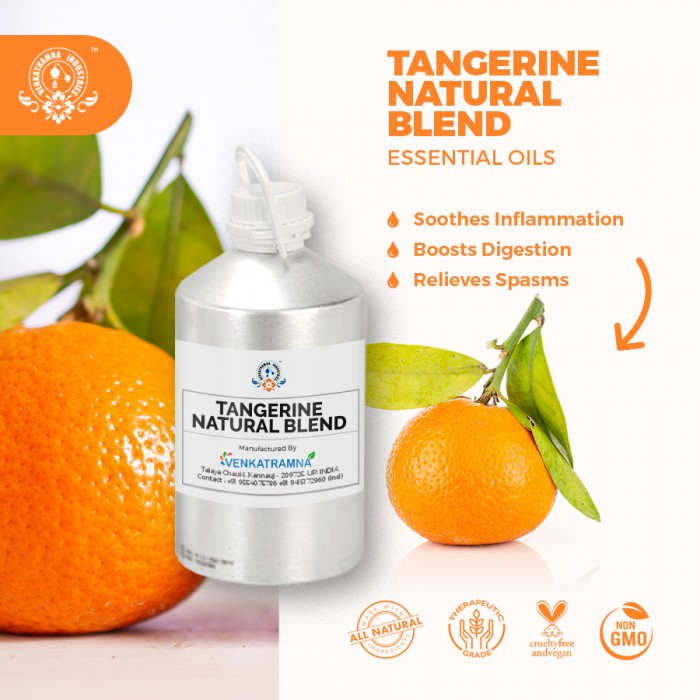
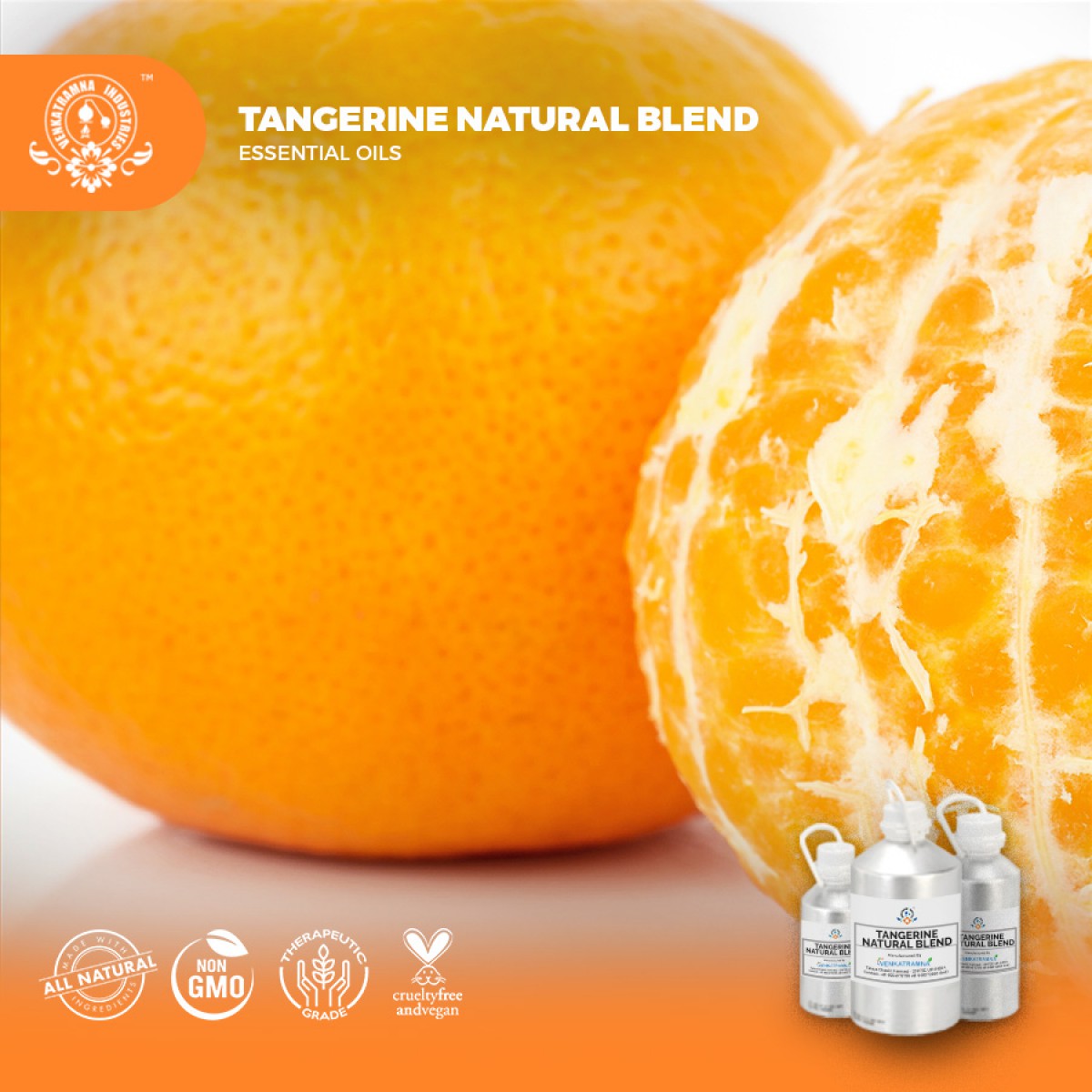
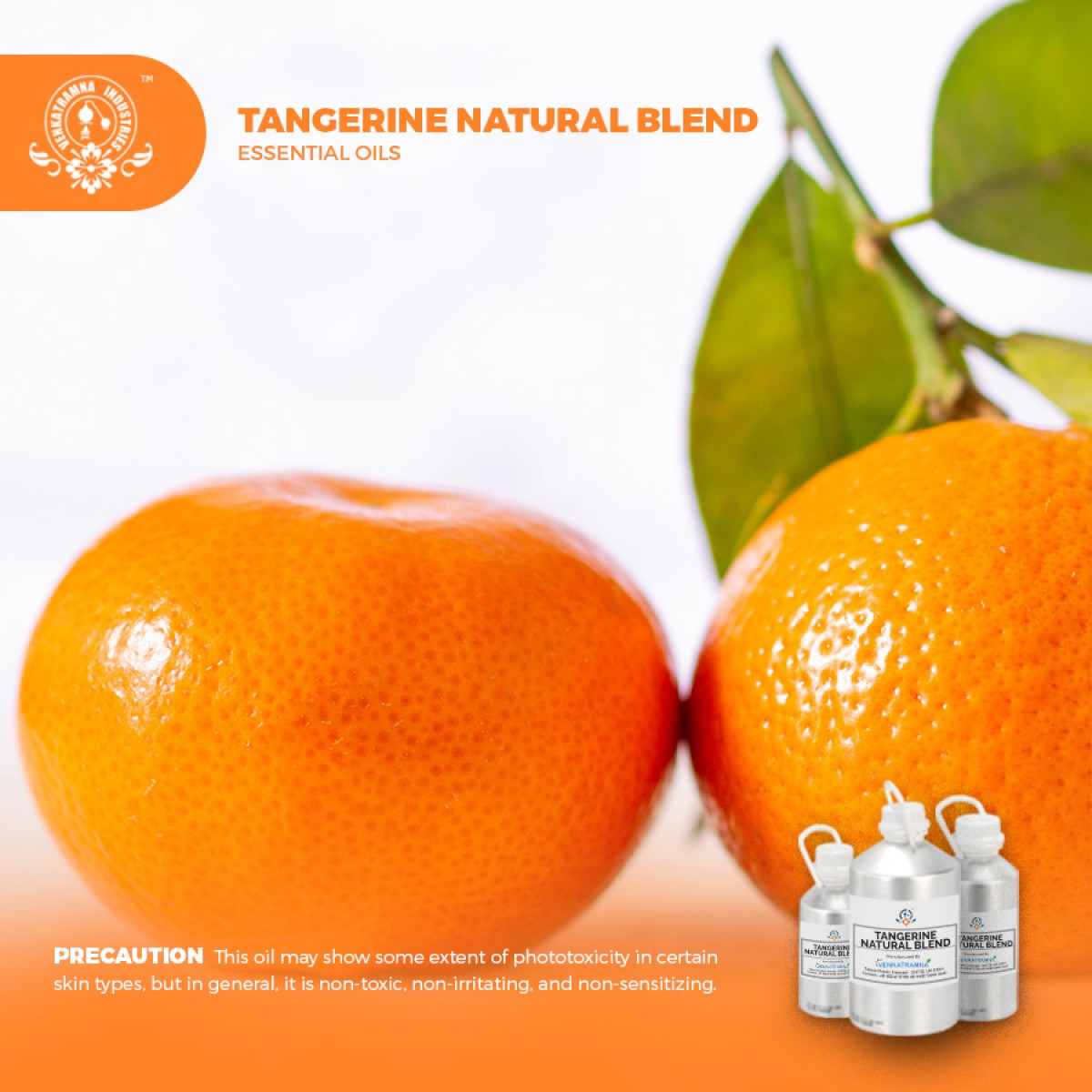
 MSDS-Tangerine2.pdf
MSDS-Tangerine2.pdf